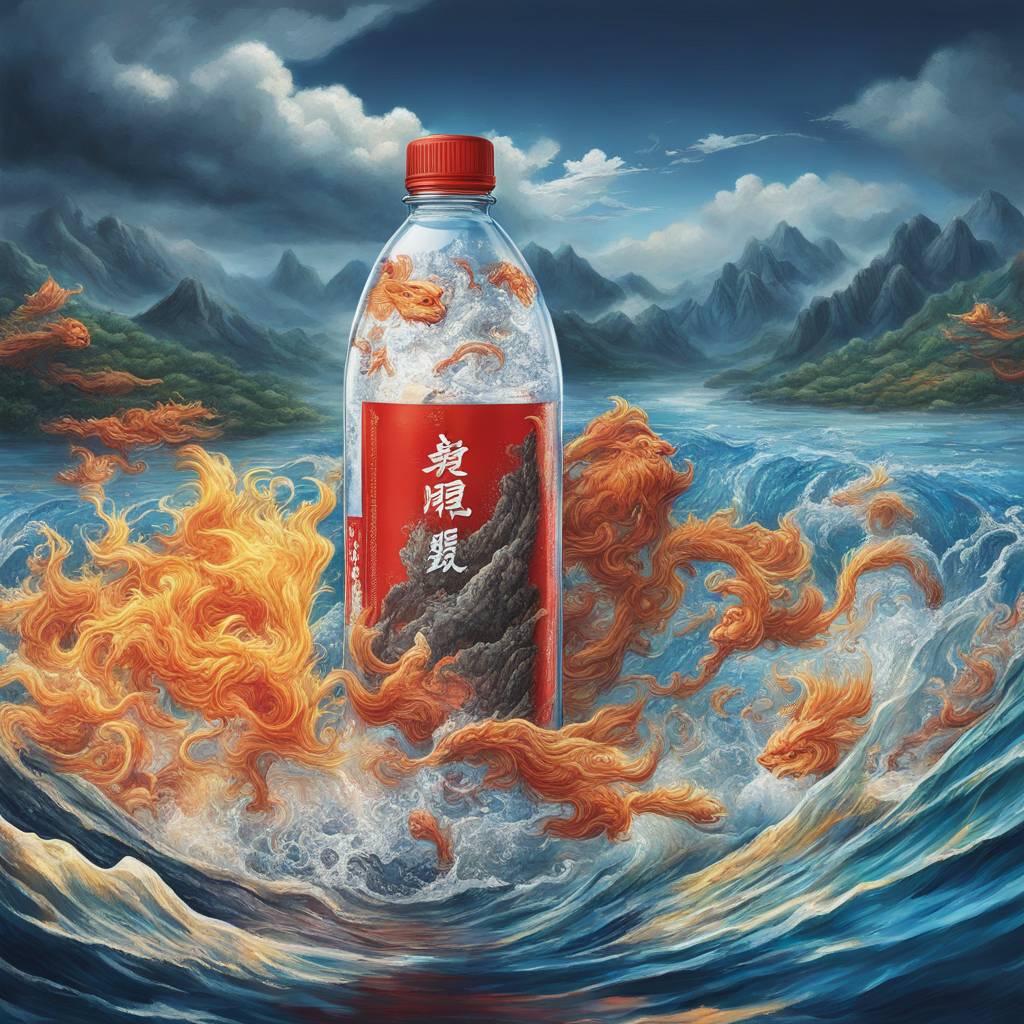The nationalistic backlash against Nongfu Spring, a popular Chinese bottled water brand, and Mo Yan, a renowned Chinese writer, highlights the challenges facing Chinese companies and individuals in an increasingly competitive global market. Analysts suggest that the attacks against these entities raise questions about the motivations of the attackers, as well as the broader implications for China’s nationalistic fervor.
The outrage against Nongfu Spring stemmed from its perceived lack of support for Chinese athletes during the Tokyo Olympics. The company faced criticism for not providing financial incentives to Chinese medal winners, leading to calls for a boycott of its products. Similarly, Mo Yan came under fire for his perceived refusal to promote Chinese culture and literature, with some accusing him of pandering to Western audiences. These incidents illustrate the complex dynamics at play in China’s evolving nationalistic landscape.
The backlash against Nongfu Spring and Mo Yan reflects a growing trend of Chinese companies and individuals facing scrutiny and backlash over their perceived allegiances and actions. As China’s global influence grows, there is increased pressure on Chinese entities to conform to nationalistic expectations and demonstrate loyalty to the state. Companies and individuals that are seen as failing to meet these expectations risk facing public backlash and reputational damage.
The motivations behind the attacks on Nongfu Spring and Mo Yan are multifaceted and complex. Some critics may genuinely believe that these entities are betraying Chinese interests or failing to uphold national pride. Others may be driven by personal grievances or political agendas. The rise of social media and online nationalism has further amplified these criticisms and provided a platform for individuals to express their discontent and mobilize support for boycotts and protests.
The backlash against Nongfu Spring and Mo Yan also raises broader questions about the impact of nationalism on Chinese society and the implications for freedom of expression and creativity. While patriotism and national pride are important values in any society, the rise of ultra-nationalism in China has led to an environment where dissent and diversity of opinions are increasingly stifled. This could have detrimental effects on the arts, literature, and other forms of cultural expression in China.
In conclusion, the nationalistic ire against Nongfu Spring and Mo Yan highlights the challenges and complexities facing Chinese companies and individuals in an era of heightened global competition and nationalism. The motivations behind the attacks on these entities are varied and reflect a range of factors, including perceived betrayals of Chinese interests, personal grievances, and political agendas. The implications of this growing trend of nationalism for freedom of expression and creativity in China are concerning, and call for a nuanced understanding of the dynamics at play. As China continues to assert itself on the global stage, it is clear that navigating the complexities of nationalistic fervor will be a key challenge for companies and individuals alike.













